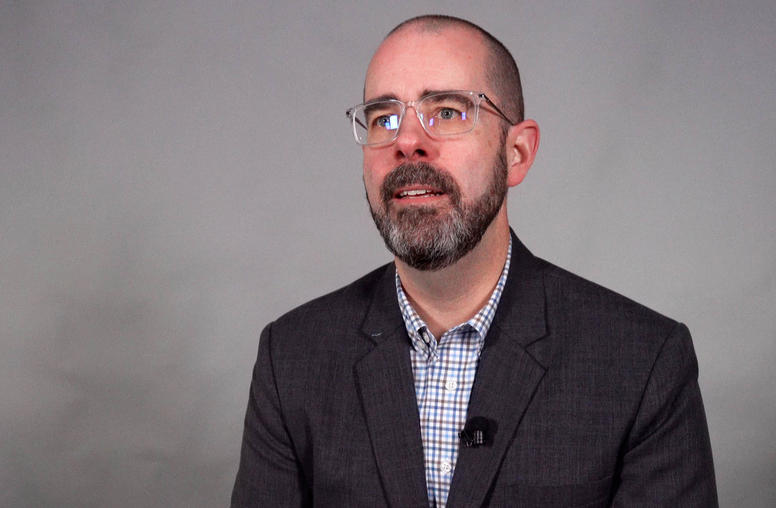The Mighty and the Almighty: Religion's Role in International Affairs
A dialogue between former Secretary of State Madeleine Albright and Professor Susan Thistlethwaite
Given the increasing role of religion in international affairs, how should the U.S. government relate to religious communities and factor religious issues into policymaking? Is it time for the traditional secularization of foreign policy to be rethought? How do the religious convictions of policymakers factor into decision-making?
These and other issues will be explored through dialogue between former Secretary of State Madeleine K. Albright and Prof. Thistlethwaite in the context of Secretary Albright's new book, The Mighty and the Almighty: Reflections on America, God, and World Affairs.
Speakers
- Madeleine K. Albright
Former Secretary of State, 1997-2001 - Prof. Susan Thistlethwaite
President of Chicago Theological Seminary - David Smock, Moderator
Vice President, Center for Mediation and Conflict Resolution and Associate Vice President, Religion and Peacemaking Program, U.S. Institute of Peace - Richard Solomon
President, U.S. Institute of Peace
with an introduction by:
Archived Audio
To listen to audio or to view video, please click on the links provided below. You also can right click on the links and choose "Save Target As" or "Download Linked File." This will save the file to your computer and then allow you to play it in your media player directly. More Audio Help.
- Listen to the audio from this event.
1:14:09 - 13.37MB




